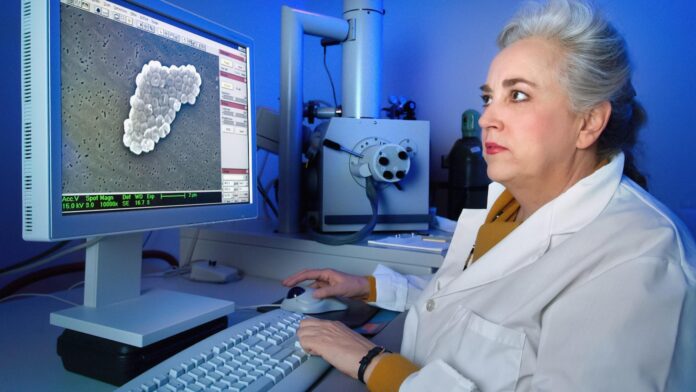
Understanding the Diagnosis and Treatment Options for Early Stage Lung Cancer
Lung cancer is one of the most common types of cancer and is the leading cause of cancer-related deaths worldwide. Early detection and treatment can significantly increase the chances of survival for patients with lung cancer. In this article, we will explore the diagnosis and treatment options for early stage lung cancer to help patients and their families understand the disease and make informed decisions.
Diagnosis of Early Stage Lung Cancer
Early stage lung cancer often does not cause any symptoms, which makes it difficult to diagnose. However, if the cancer is detected early, the chances of successful treatment are much higher. The most common way to diagnose early stage lung cancer is through imaging tests, such as chest X-rays, CT scans, and MRI scans. These tests can help detect abnormal growths or tumors in the lungs. In some cases, a biopsy may be needed to confirm the diagnosis, which involves taking a small tissue sample from the lung for analysis.
Once a diagnosis of early stage lung cancer is confirmed, further tests may be performed to determine the stage of the cancer and whether it has spread to other parts of the body. This information is crucial for determining the most appropriate treatment options for the patient.
Treatment Options for Early Stage Lung Cancer
The treatment options for early stage lung cancer depend on the type and stage of the cancer, as well as the overall health of the patient. The main treatment options for early stage lung cancer include surgery, radiation therapy, chemotherapy, targeted therapy, and immunotherapy. Depending on the specific circumstances, one or a combination of these treatments may be recommended.
Surgery is often the preferred treatment for early stage lung cancer. The goal of surgery is to remove the cancerous tumor from the lung. There are different surgical procedures for lung cancer, including wedge resection, segmentectomy, lobectomy, and pneumonectomy. The type of surgery recommended will depend on the size and location of the tumor, as well as the overall health of the patient.
Radiation therapy uses high-energy X-rays or other types of radiation to kill cancer cells or shrink tumors. It can be used as the main treatment for early stage lung cancer or in combination with surgery and/or chemotherapy. Radiation therapy may be delivered externally using a machine outside the body, or internally through radioactive substances placed directly into the tumor.
Chemotherapy involves the use of drugs to kill cancer cells. It is often used in combination with surgery and/or radiation therapy to reduce the risk of cancer recurrence. Chemotherapy drugs can be given orally or intravenously, and treatment typically involves a series of cycles over several weeks.
Targeted therapy is a type of treatment that specifically targets the genetic mutations present in cancer cells. This type of therapy is often used for patients with advanced or recurrent lung cancer, but it may also be an option for some patients with early stage lung cancer, particularly those with specific genetic mutations.
Immunotherapy is a type of treatment that uses the body’s own immune system to fight cancer. It works by stimulating the immune system to recognize and attack cancer cells. Immunotherapy may be used as a standalone treatment for early stage lung cancer or in combination with other treatments.
It is important to note that the best treatment for early stage lung cancer will depend on the individual patient and their specific circumstances. A healthcare team, including oncologists, surgeons, radiation oncologists, and other specialists, will work together to determine the most appropriate treatment plan for each patient.
Supportive Care for Early Stage Lung Cancer Patients
In addition to medical treatments, supportive care is an important aspect of managing early stage lung cancer. Supportive care involves helping patients manage symptoms and side effects of cancer and its treatment, as well as providing emotional and psychological support.
Patients with lung cancer may experience a range of symptoms, including coughing, shortness of breath, fatigue, pain, and weight loss. Supportive care may involve medications, physical therapy, nutritional counseling, and other interventions to help manage these symptoms and improve the patient’s overall quality of life.
Psychological support is also crucial for patients with early stage lung cancer and their families. A cancer diagnosis can be overwhelming and stressful, and patients may benefit from counseling, support groups, and other mental health services to cope with the emotional challenges of cancer.
Conclusion
Early stage lung cancer is a serious disease, but with proper diagnosis and treatment, many patients can achieve positive outcomes. Understanding the different treatment options and the importance of supportive care can help patients and their families make informed decisions and navigate the challenges of lung cancer.
It is vital for patients with early stage lung cancer to work closely with their healthcare team to develop a personalized treatment plan that addresses their specific needs and circumstances. With the right care and support, patients can improve their chances of survival and quality of life while living with lung cancer.

















